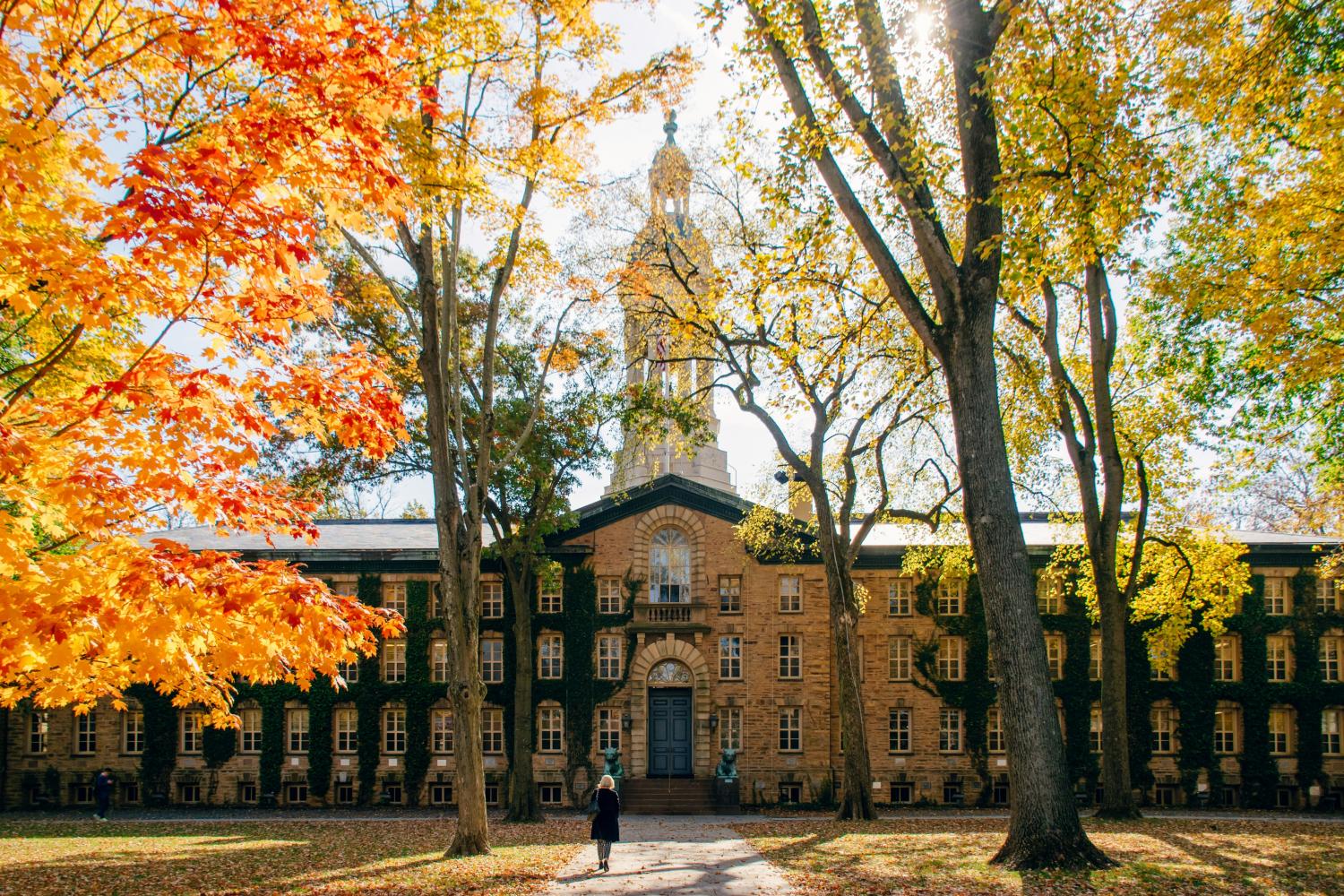
First Things published a piece this week on a trend felt, if not always voiced: “The Campus Ministry Boom,” it’s titled. But surprisingly, the piece highlights that “boom” not on the university grounds one would necessarily expect – the faithfully Catholic or Christian institutions of the world. It’s discussing that growth as it’s been emerging at the most elite, high caliber, secular schools in the nation: Harvard, Columbia, Brown, and so on.
Significantly, these have been the locations for some of the most tumultuous expressions of the modern, progressive “religion of the day,” all the turmoil brought about by the Israel-Gaza conflict over the past year being just one example of that religion’s hold on such spaces. But the students featured most prominently in the media in the midst of all the protests and skirmishes haven’t necessarily been the only, or most conspicuous, voices of those student bodies. The priest-chaplain at Yale’s Catholic Center, for instance, noted that his students, by and large, are sincerely “yearning for the truth, authenticity, and stability.”
The possibilities of individuality and self-expression, in other words, have brought a lot of young people to a place of feeling – as one Columbia student put it – like they’re on “my own little lifeboat being tossed around.” Their experience of finding genuine authority in the teachings of the Church, as well as a community of believers whose relationships are based on much more than forming advantageous networking connections, has been, for many, an intellectual, moral, and relational relief, rather than the burden or imposition we may assume it would be.
So the trend is a good reminder: the world wants the Gospel, sometimes without knowing it, but other times with a very ready, very anxious reception of it. Sure, when things have become culturally stale and sclerotic, people may tend to find an institution as old as the Church to be stuffy and commanding. But especially when what the world is offering, whatever its novelty or intrigue, seems to be bringing only more inner and outer chaos, the Church’s “stuffiness” and command of truths which have been good guides for millions of people in every time and place . . . all of that becomes suddenly, surprisingly attractive. The Church is indeed “ever ancient, ever new,” simply by being what she has always been: founded on the perennial truths of God and humanity, and therefore good medicine and necessary food for every age.
Here are five “marks” of an authentic Catholic education, drawn from Bishop James Conley’s recent pastoral letter, “The Joy and Wonder of Catholic Education.”
Pope Francis’ recent exhortation that seminarians and priests read literature as a means of deeper intellectual and human formation has been welcomed as “a pleasant surprise” throughout the Church, with people from a wide variety of ministries noting the wisdom behind the document.
A Catholic author reflects on the reality series Alone, in which contestants are sent out to survive in the wilderness on their own, arguing that the show’s emphasis on a return to silence and nature ultimately highlights deep truths of human existence.
In his most recent general audience, Pope Francis spoke against pornography as “brutality,” and the “language of the devil,” calling on Christians to definitively reject temptation and turn to prayer for purity.


